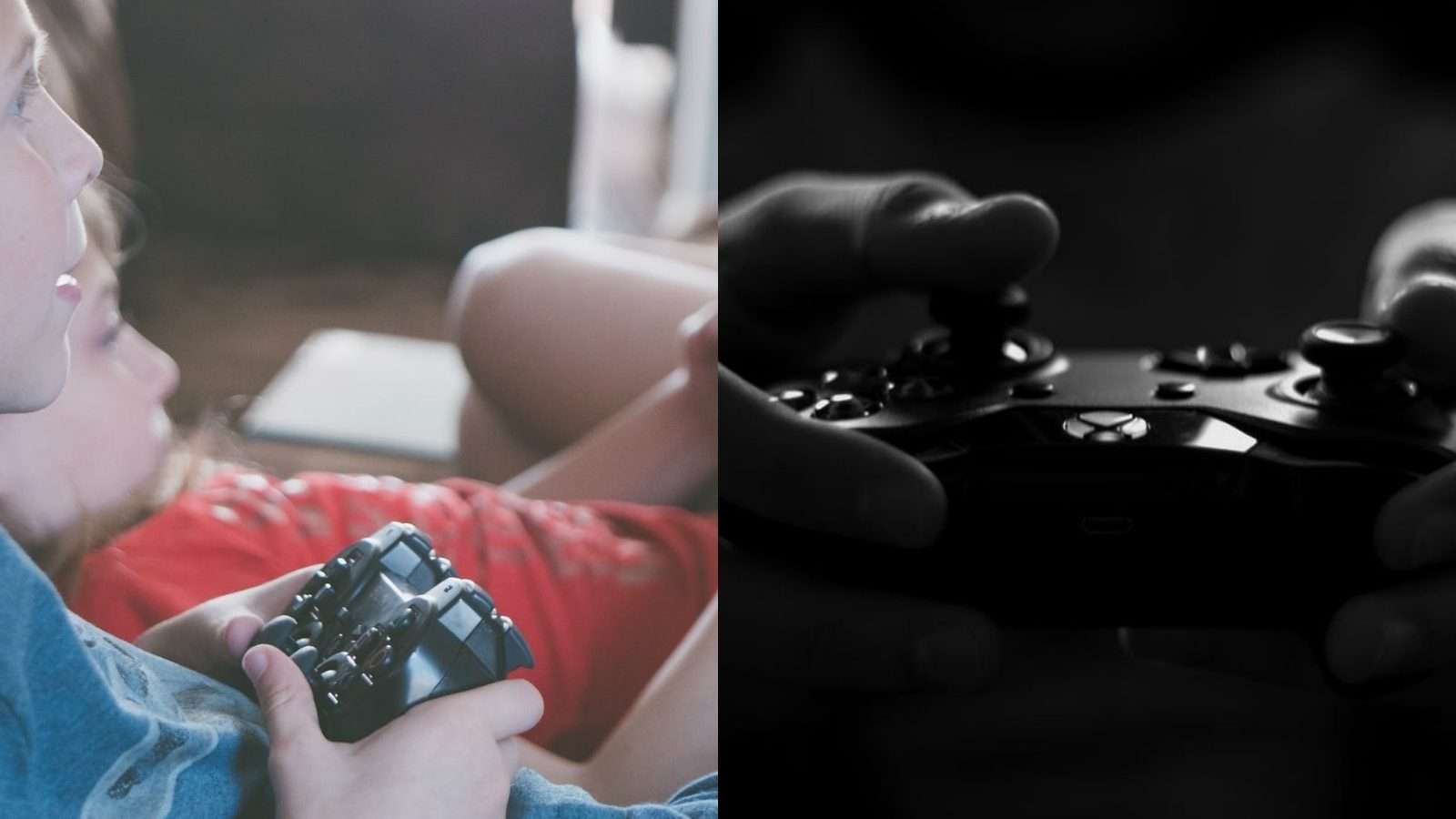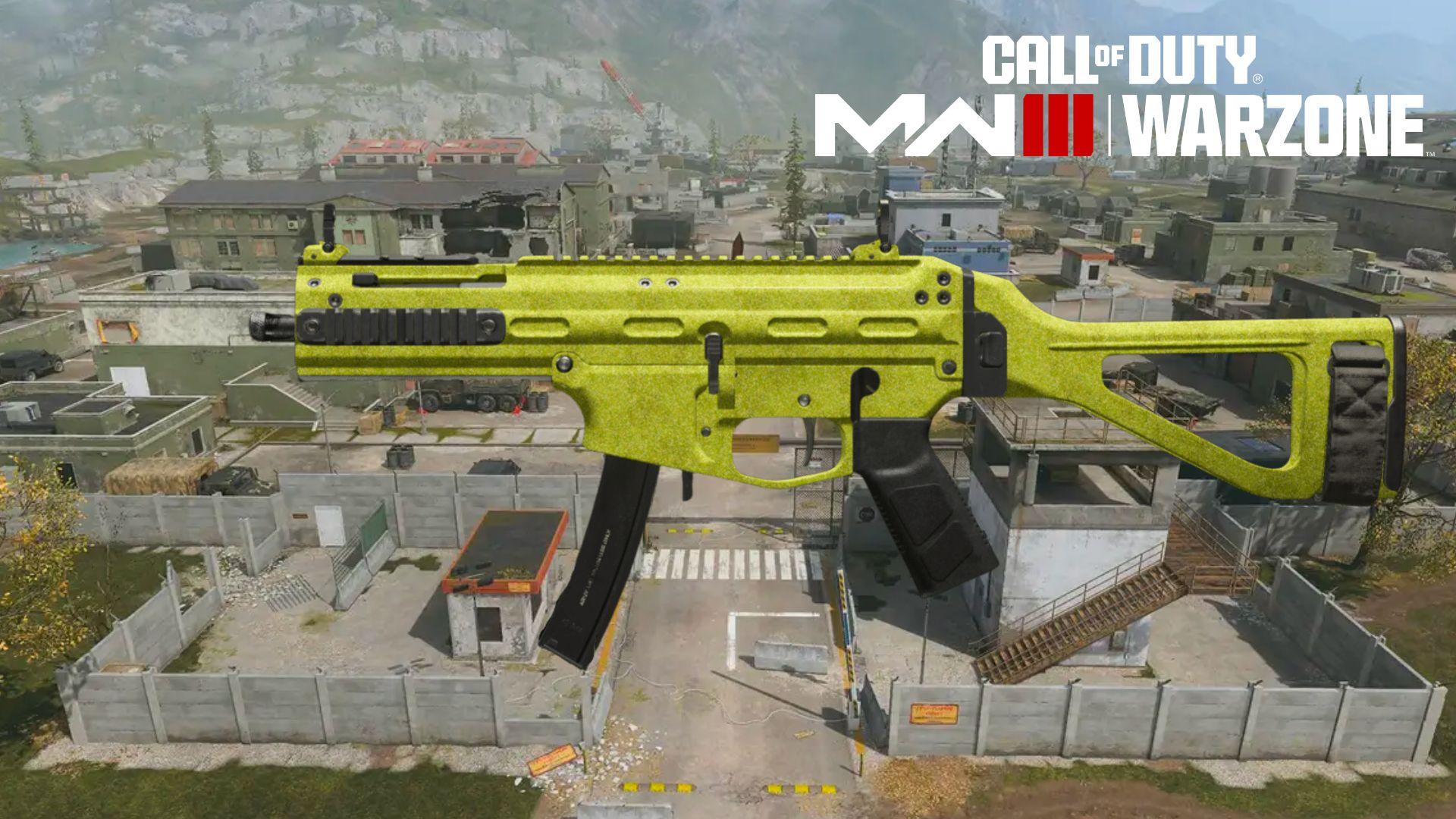The Gaming Community React to BBC Suggesting 20 Hours A Week is an Addiction

Following the news that the World Health Organization (WHO) have officially classified ‘gaming disorder’ as a mental illness, the BBC made the rather odd suggestion that 20 hours a week qualified as an ‘addiction’.
It should be noted, that this is not a figure that comes from the WHO’s report and classification of gaming disorder, rather the WHO does not specify a certain amount of time required to be diagnosed.
[ad name=”article1″]
Gaming Disorder, as recognized by the WHO, should be present over a 12 month period and when an individual plays video games to the extent that it significantly impairs “personal, family, social, educational, occupational or other important areas of functioning.”
The BBC covered the news by putting together a short video in which they speak to a group of young gamers, who explain they play roughly 20 hours a week.
[ad name=”article2″]
The school aged boys from Scotland explain that they play a variety of games, including Fortnite, FIFA and Minecraft, for over 20 hours a week, saying that it is an escape for a few hours each day after school.
The report also shows the group playing together and being social, which is a key component to many of these games, notably Fortnite.
However, there is no mention that these boys are failing in school, their personal health is lacking or that they are ‘prioritising gaming over other interests’, as the WHO specifies as the requirements for gaming disorder.
Games and Esports journalist and former host Richard Lewis said of the BBC’s report:
“It just shows kids playing and saying ‘yeh, I like games, it’s escapism’. Then it just says at the end ‘you can have too much of a good thing though’ – yes, we all know that.
[ad name=”article3″]
Many responed to the report on Twitter, explaining that the BBC idea of addiction was badly skewed.
Addictive behaviour certainly deserves attention – but you can’t define it simply by time-spent in the activity.
I spend ~20 hours a week reading – does that make me an addict?
The average person spends more than 20 hours a week watching TV – are they addicts too?— Andrew James Carter (@Carter_AndrewJ) June 18, 2018
Ofcom reported in 2017 that on average people in the UK watched 4 hours of TV a day, 28 hours a week! Average usage of social media in 2017 was 16 hours per week. This is not a bad statistic for games, what is bad is parents not giving a damn about what their kids do!!!!
— Paulout (@Paulout) June 18, 2018
I spent over 20 hours per week gaming all through my childhood and university (maybe less in final year)… Many of my friends did too. Come on @BBC you can sense check this stuff in a much better way!
— James Dean (@j1mco) June 18, 2018
[ad name=”article4″]
Looking at the official classification from the WHO, Lewis reiterates that it is a ‘disorder’ and in no way linked to ‘addiction’, despite the BBC’s use of the latter term.
“We’ve all known gamers like that. Who stay up, play too much, don’t look after themselves, they’re willing to throw away friendships over video games.
But the vast majority of gamers, ones that play for much longer than 20 hours a week, are very well balanced, responsible adults, that choose to do this as their passion. It’s their mode of escapism, they don’t want to read a book, they don’t want to watch TV, they don’t want to go the movies – they want to play video games. And what’s the problem?
What is reassuring about what the WHO has said, is that unless you’ve got all this shit going on, gaming’s fine, and deliberately strayed away from using the word addiction.”
You can watch Lewis’ full video below, in which he goes in to much more detail about the WHO’s classification, and BBC’s what he calls, misrepresentation of it.



